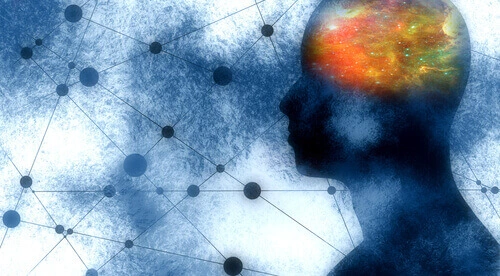
Table of Contents [Show]
Mental health is as important as physical health. Yet it is something that is neglected. Mainly because it is intangible and because of the stigma attached to it.
For instance, men in patriarchal societies, such as India, are not expected to be emotional or expressive. They put up a brave face even through challenging situations.
In fact, according to a study by the National Institute of Mental Health, men with mental illnesses are less likely to have received mental health treatment than women in the past year. And, that is why probably men are more likely to die by suicide than women, according to the Centers for Disease Control and Prevention.
As a result, it is important to debunk myths about mental health. Being brave and facing situations is a virtue. But it is also important to process our feelings more healthily. An excellent place to start is by understanding the myths surrounding mental health.
1. Poor Mental Health is a Sign of Emotional Weakness
Just like physical health, mental health too needs to be treated by professionals. On average, mental and behavioral disorders are present in about 10% of the adult population worldwide1. Having poor mental health does not make one emotionally weak. Many people with poor mental health can be emotionally strong, while someone with excellent mental health can be emotionally fragile. The two are not necessarily interrelated. Mental illness such as depression is associated with fatigue and low energy – which are physical aspects.
2. People with Mental Health Challenges Can't Hold a Job or Manage Responsibilities
People with mental illnesses have the potential to work at any level depending on their own abilities, experience, and motivation. This myth about mental health is because of the stigma attached to it and the lack of awareness.
3. If You have Poor Mental Health You Might Be Violent in Your Behavior
Popular culture has often depicted people with mental health issues as being violent or displaying extreme behaviors. Hence it is assumed that violent and extreme behavior is a by-product of poor mental health. Accordingly to a study by the American Psychological Association, only 7.5% of crimes are directly related to symptoms of mental illness2.
4. Psychiatric Medication Should Be Avoided
Due to the lack of awareness about psychiatric medication, many people tend to believe that it is harmful. Many think of them as merely "happy pills" or recreational drugs that give people with mental illnesses an easy way out of dealing with their problems. But this is untrue. Psychiatric medication is a true science that deals with mental health problems in the same manner that we deal with other tangible health problems.
5. A Psychologist and a Psychiatrist Are the Same
Psychiatrists are medical doctors while psychologists are not. Psychiatrists can prescribe medication; psychologists can't. Psychiatrists are licensed professionals who can diagnose illness, manage treatment and provide a range of therapies for mental illnesses. Psychologists focus on providing psychotherapy (talk therapy) to help patients.
6. Mental Health Problems Are Permanent
Mental illness is most often not 'permanent'. Their effects are not consistent over time. However, the pattern of impairment and functioning can persist over a while.
--
We need to take special care of our mental health. If we care about our mental health, we will be able to care for those who matter to us. If you need help, don't hesitate to ask!
Stay Healthy. Stay Safe.
Sources:
- 1. https://www.ncbi.nlm.nih.gov/pmc/articles/PMC3361794/
- 2. https://www.apa.org/news/press/releases/2014/04/mental-illness-crime#:~:text=WASHINGTON%20%E2%80%94%20In%20a%20study%20of,by%20the%20American%20Psychological%20Association

Comments